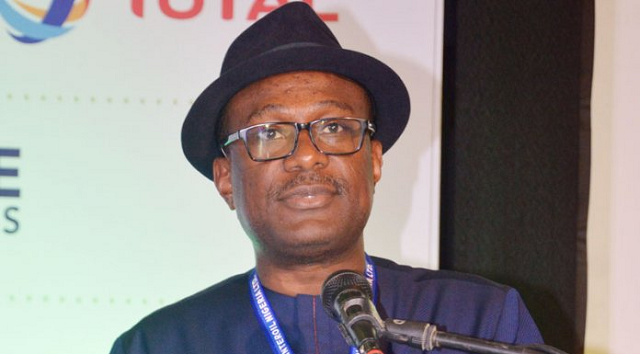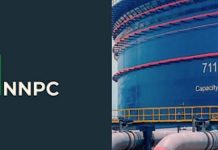The Nigerian Content Development and Monitoring Board (NCDMB) injected N46.8 billion ($122.05 million) into 11 gas and petrochemical companies during the years 2020 and 2021, as revealed in the latest Fiscal Allocation and Statutory Disbursement (FASD) audit report by the Nigerian Extractive Industries Transparency Initiative (NEITI).
The investments, geared towards acquiring equity interests and supporting critical projects, aimed to enhance the development of vital infrastructure. The funded projects included a modular refinery, Liquified Petroleum Gas (LPG) manufacturing plant, gas processing plants, and LPG storage/filling facilities.
Here’s a breakdown of the companies and their corresponding investment amounts:
- Duport Energy Company Limited – N5,692,500,000
- Eraskon Nigeria Limited – N3,605,000,000
- Rungas Prime Industries Limited – N1,918,821,454
- Transel Gas Ltd – N1,225,700,000
- Bunoor Integrated Energy Limited – N1,297,800,000
- Rungas Alfa Fze Limited – N2,258,025,000
- Atlantic International Refinery and Petrochemical Limited – N13,282,500,000
- Nedo Gas Development Company Limited – N3,795,000,000
- Butane Energy Limited – N1,434,510,000
- Brass Fertilizer & Petrochemical Company Limited – N8,195,000,000
- LADOL Services FZE Limited – N4,097,500,000
The NCDMB’s commitment to supporting local firms includes projects involving modular refining, gas processing, gas distribution, power generation, and manufacturing. Additionally, the Board is actively involved in promoting the use of LPG and compressed natural gas (CNG) in Nigeria.
Experts at the September 2023 Gastech conference highlighted the significance of natural gas in future energy systems, particularly in emerging economies like Nigeria. Nigeria’s Minister of State for Gas emphasized the country’s dedication to the “decade of gas,” inviting investments to boost gas production.
The October 2023 World Oil Outlook from the Organization of the Petroleum Exporting Countries (OPEC) predicts that developing countries will continue expanding their refining capacity, incorporating petrochemical elements into new greenfield refineries. This trend signifies a move towards advanced and integrated facilities in the refining sector of developing economies.












